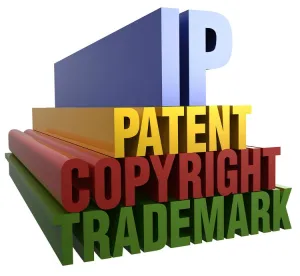Addressing disclaimer of claim scope, the US Court of Appeals for the Federal Circuit affirmed the district court’s summary judgment of non-infringement, finding that the patentee clearly and unmistakably disclaimed particular techniques for performing the claimed process. David Netzer Consulting Eng’r LLC v. Shell Oil Co., Case No. 15-2086 (Fed. Cir., May 27, 2016) (Lourie, J).
Netzer sued Shell for infringement of a patent directed to a process for the coproduction of ethylene and benzene from refinery mixtures. The claimed process requires a step of “fractionating the pyrolysis gasoline to form a purified benzene product comprising at least about 80 wt [percent] of benzene.” Shell moved for summary judgment of non-infringement, arguing that the term “fractionating” refers to conventional distillation, and that Shell’s accused process uses extraction (not distillation) to form a benzene product with 99.9 percent purity. The district court granted Shell’s motion without formally construing the claims, finding that fractionating does not include extraction. Netzer appealed.
On appeal, Netzer argued that fractionating means separating a mixture into fractions, no matter what processes are used to do so, and that no disclaimer was explicitly made in the specification. Shell argued that fractionating means distilling, and that the patentee disclaimed extraction by distinguishing it from fractionation.
The Federal Circuit agreed with Shell that fractionating means distilling and excludes extraction. As the Court explained, the specification repeatedly and consistently used fractionation to refer to distillation. The patentee described problems that would be impossible for conventional distillation as being impossible for conventional fractionation. Elsewhere, the patentee repeatedly referred to fractionation within the context of distillation. Moreover, the Court found that the patentee made clear and unmistakable statements that distinguished fractionation from extraction, such as by characterizing extraction as expensive and unnecessary in light of market demand, both in the specification and during prosecution.
Netzer also argued that even under Shell’s proposed construction, Shell should be found to infringe because the accused process includes distillation and results in a purified benzene product. The Federal Circuit disagreed, explaining that Shell’s process only distills the mixture to 57 percent purity, then uses extraction to produce a 99.9 percent pure product. In particular, Shell’s process does not perform the step of “fractionating the pyrolysis gasoline to form a purified benzene product comprising at least about 80 wt [percent] of benzene” because the “purified benzene product” is formed by extraction, not fractionation.
Practice Note: Use caution with statements distinguishing the subject matter of an application from the prior art, especially when wordsmithing or using a term without an accepted meaning in the art.




 />i
/>i

